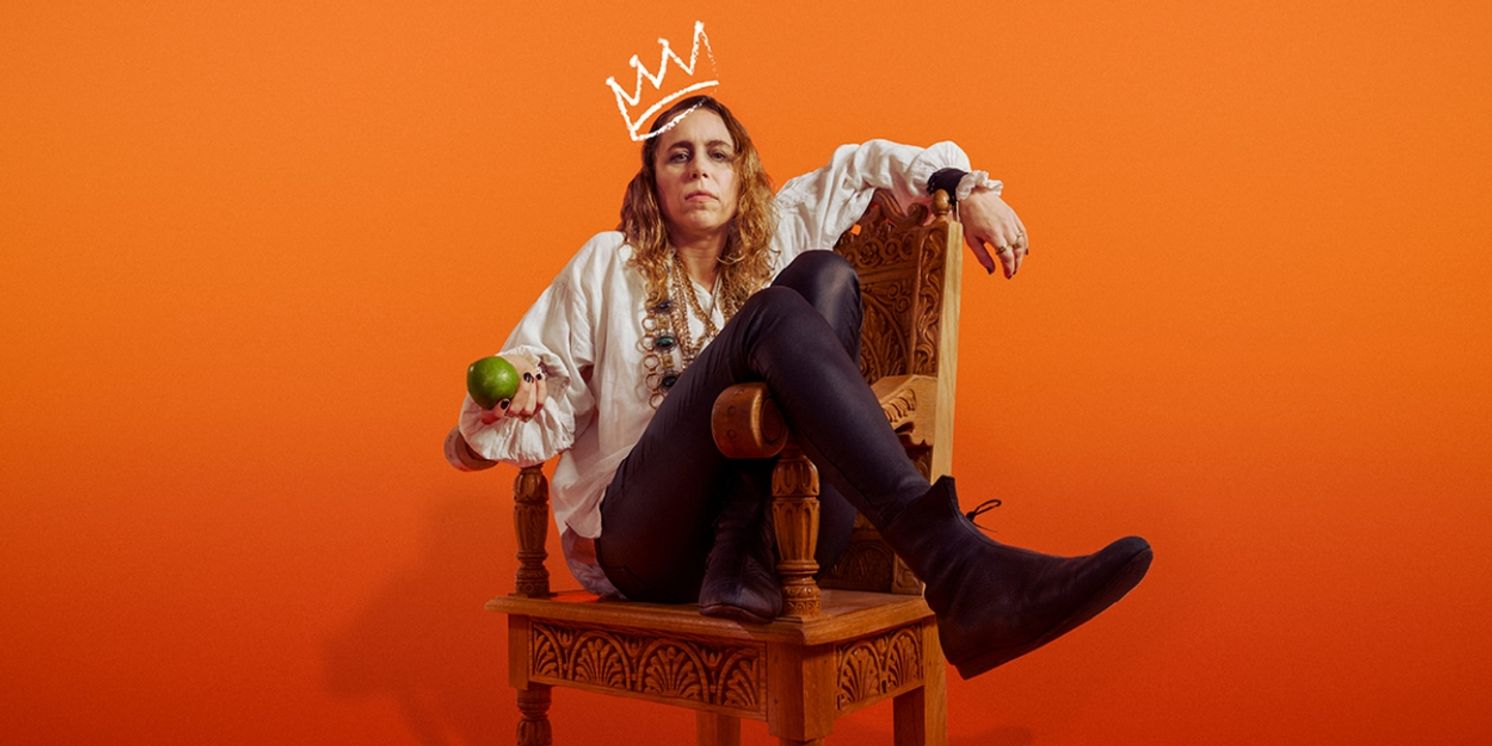Shakespeare's Globe Issues Statement in Response to Non-Disabled Casting of Richard III
There has been backlash against the casting of Michelle Terry in the role

Shakespeare's Globe has issued a statement in response to its decision to cast a non-diasabled actor as Richard III in its upcoming production.
The statement included the following comments:
"We are committed to developing a culture of care, empathy, equity, conversation, and accessibility across all our work at Shakespeare’s Globe and are keen to ensure communication remains open and careful as we keep this complex and vital conversation going both with our artists and our audience."
Michelle Terry said:
"Firstly, I want to acknowledge any pain or harm that has been caused by the decision for me to play Richard III and I hope to provide some context as to how that decision has been made. All programming and casting decisions across all seasons are made as consciously and rigorously as they possibly can be, and always in dialogue with members of our many communities."
She continued:
"I will not alter my physicality to explore it. I will not be playing Richard with a visible or physical impairment, and we will frame this production in such a way as to make it very clear the lens through which this interpretation is being explored.
This production does not equal a permanent revision of the play or the eternal erasure of the character’s impairment, or a rewriting of a historical figure. I acknowledge that for many, Richard III is an iconic disabled figure. I understand that this feels like a missed opportunity for a disabled artist to play a disabled character on a major UK stage, but it
will come around again. There have been and must continue to be productions that explore how Richard’s “deformity” initiates the action of the play, productions that explore how the oppressive structures of ableism have disempowered Richard to such an extent that his rage against injustice leaves him with no other choice but to “prove
a villain”, and then the very society that created him, also destroys him.
Our interpretation does not mean that we have forgotten disability. The whole play is saturated with ableism that we will address and unpack throughout the process. This production in no way wants to undermine the need for disabled characters, disabled stories to be told or to diminish the ambition for greater representation in our industry. That is precisely why we have programmed and will continue to programme as many ways as possible for these stories to be told and conversations to be held.
We will continue to find as many ways as possible to diversify opportunity, to use the plays as a site for research, education, and discourse. We can always pay more attention, be more rigorous, more ambitious, not only as artists in the work that we make, but also with our audience and the role they play in the making of meaning and positive
transformation.
We are aware that many of our exceptionally talented recent, current, and upcoming disabled artists have been overlooked in the public conversation. This moment, and the work that we all have to do, must not mean the ostracisation, erasure or invisibility of all the amazing artists that have been and continue to work tirelessly to make progress possible."
Read the full statement here.
Videos

